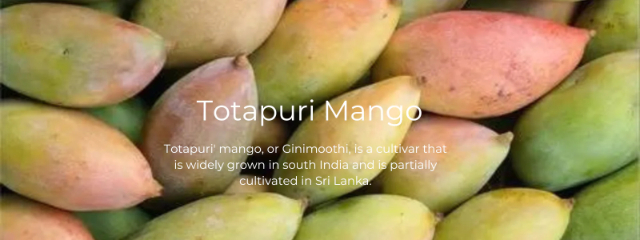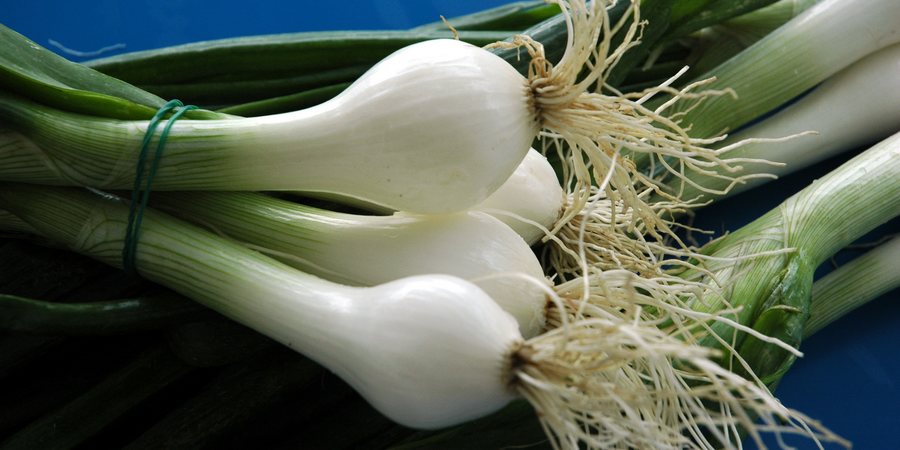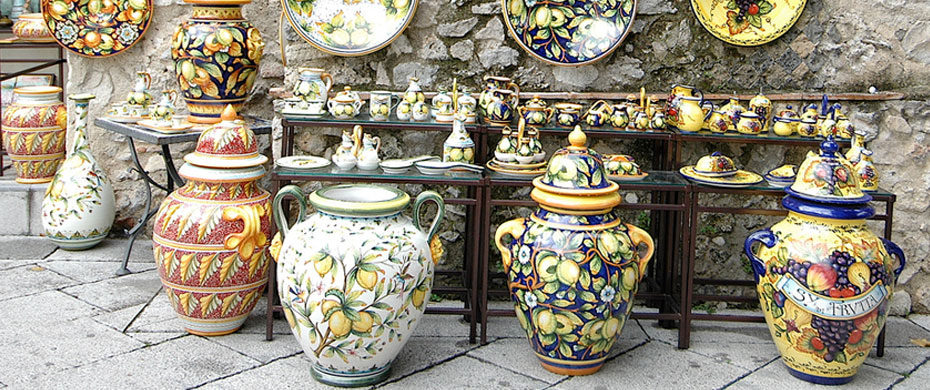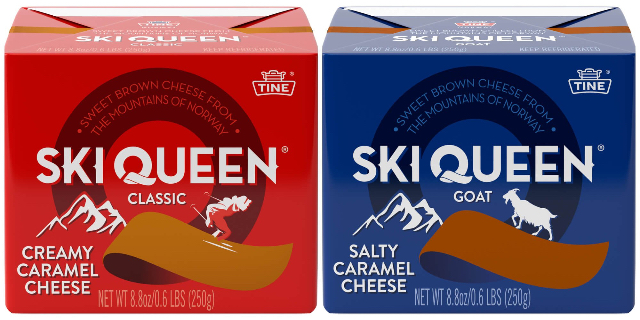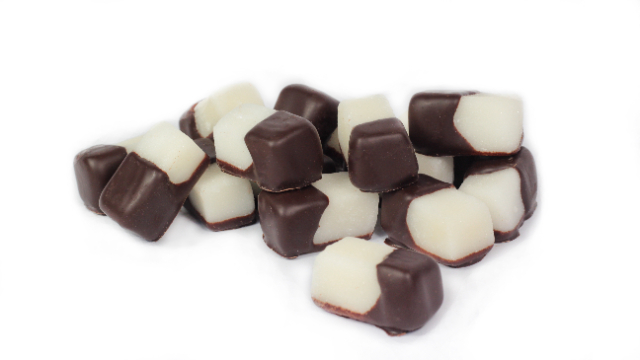The Totapuri mango is a popular mango variety primarily cultivated in the southern regions of India, particularly in the states of Andhra Pradesh, Karnataka, and Tamil Nadu. It is named after its distinct beak-like shape, resembling the beak of a parrot, and is also known as “Parrot mango” or “Kili Mooku.”
Totapuri mangoes are medium to large in size and have a prominent yellow color with a slight greenish tinge when ripe. The skin is thick and leathery. The unique characteristic of Totapuri mangoes is their elongated shape with a pointed tip, resembling a parrot’s beak.
The flesh of Totapuri mangoes is firm, fibrous, and yellow in color. It has a tangy flavor, which sets it apart from other mango varieties. The taste is a blend of sweet and sour, making it suitable for both culinary uses and consumption as a fresh fruit. Totapuri mangoes are often used in making mango pulp, chutneys, pickles, and juices.
They are also enjoyed sliced and served in salads or used in various culinary preparations.
Due to its distinctive flavor and versatility, Totapuri mango is widely appreciated and consumed in South India. It has also gained popularity in other parts of the country and is exported to different international markets.
